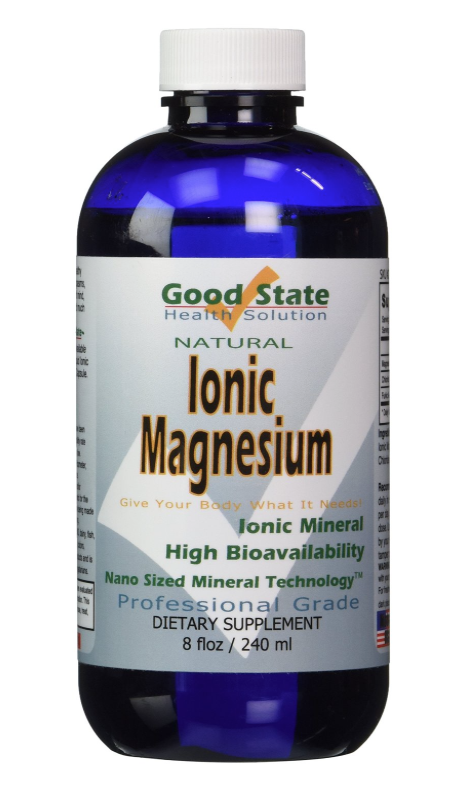
:max_bytes(150000):strip_icc()/ThorneResearchMagnesiumBisglycinatePowder-64e59bece1fb4f8fb470203d81856894.jpeg)
You have about 85+ BILLION neurons firing continuously communicating with each other via neurotransmitters which ‘jump’ across some 100 TRILLION synapses. Like all emotions, they are generated from the workings of your neurons.

On auto-pilot, we are reacting to our feelings and emotions without much thought given to them or having any insight about them.

Research shows that this is how the majority of humanity lives day to day. Before then, certain situations caused me to experience uncomfortable feelings that would make me reactive, impatient and defensive with a diffuse sense of urgency. The best and most important hurdle I won was identifying that I had it. Photo James Ramsay.Share on Facebook Share on Twitter Share on PinterestĪs someone who has generalized anxiety, I can tell you it’s a bitch sometimes. Registered dietitian and 2:32 marathoner Rachel Hannah recommends Magnesium Bis-Glycinate 200 Gentle by CanPrev. Be careful with magnesium oxide, which is a laxative, so unless you’re also dealing with constipation, it’s better to use something else. If you can determine that you aren’t getting enough, the best type of supplements specifically to address the needs of runners may be magnesium malate, magnesium orotate, or magnesium taurate. Try to limit consumption of carbonated beverages, sugary treats, caffeine and alcohol, since they may leach magnesium from your system. RELATED: Vitamin D linked to cardiorespiratory fitness, study showsĪs with any nutrient, the best source of magnesium is from foods that are rich in magnesium, such as green leafy vegetables (e.g., spinach, broccoli and kale), nuts, seeds (especially pumpkin seeds), peas, beans, lentils, whole unrefined grains, oatmeal, potatoes, halibut and mackerel. Dietitians of Canada recommend not exceeding 350 mg per day from supplements (but it’s safe to exceed the RDA from food sources). The best way to know if you’re getting enough magnesium in your diet is to track your food intake over several weeks, and calculate how much you’re consuming, with this document as your guide. See the document on dietary sources, below. The RDA (recommended daily allowance) for magnesium in Canada is 400 to 420 mg for men and 310 to 360 mg for women, depending on age and whether a woman is pregnant or breastfeeding. Only one per cent of magnesium in the body is in the circulating blood (the rest is in the bones and muscles), so a blood test is not a reliable indicator of magnesium deficiency. But determining whether you’re deficient can be tricky. If you’re having a tougher time than usual recovering from hard workouts, or you’re experiencing muscle spasms or shin splints, you may be deficient in magnesium. Runners may require more magnesium than the average person, due to the stress we put on our bodies in training. RELATED: Fish oil capsules not the cure-all you may have thought Yet, according to a module in the IOC’s sports nutrition diploma program, as many as 60 to 70 per cent of adults and 80 to 90 per cent of adolescents are at least slightly deficient. Even a slight deficiency in magnesium may result in muscle spasms, lactic acid buildup, nerve twitches, cramping and fatigue. Magnesium also helps you recover faster and maintain your electrolyte balance, as well as helping with oxygen uptake and energy production. Magnesium is an electrolyte that’s involved in almost every aspect of our health and athletic performance, including nerve function, blood pressure, immunity, muscle function, bone health and insulin metabolism.


 0 kommentar(er)
0 kommentar(er)
